Opinion: J.J. Abrams Is Right About Some Fans Treating Star Wars Like “A Religion”

Daisy Ridley has been busy lately with promotion for her new movie, Sometimes I Think About Dying, while at the same time fielding questions in interview after interview about her next Star Wars film, where she is slated to return to the role of Rey ‘Skywalker’ and build a New Jedi Order.
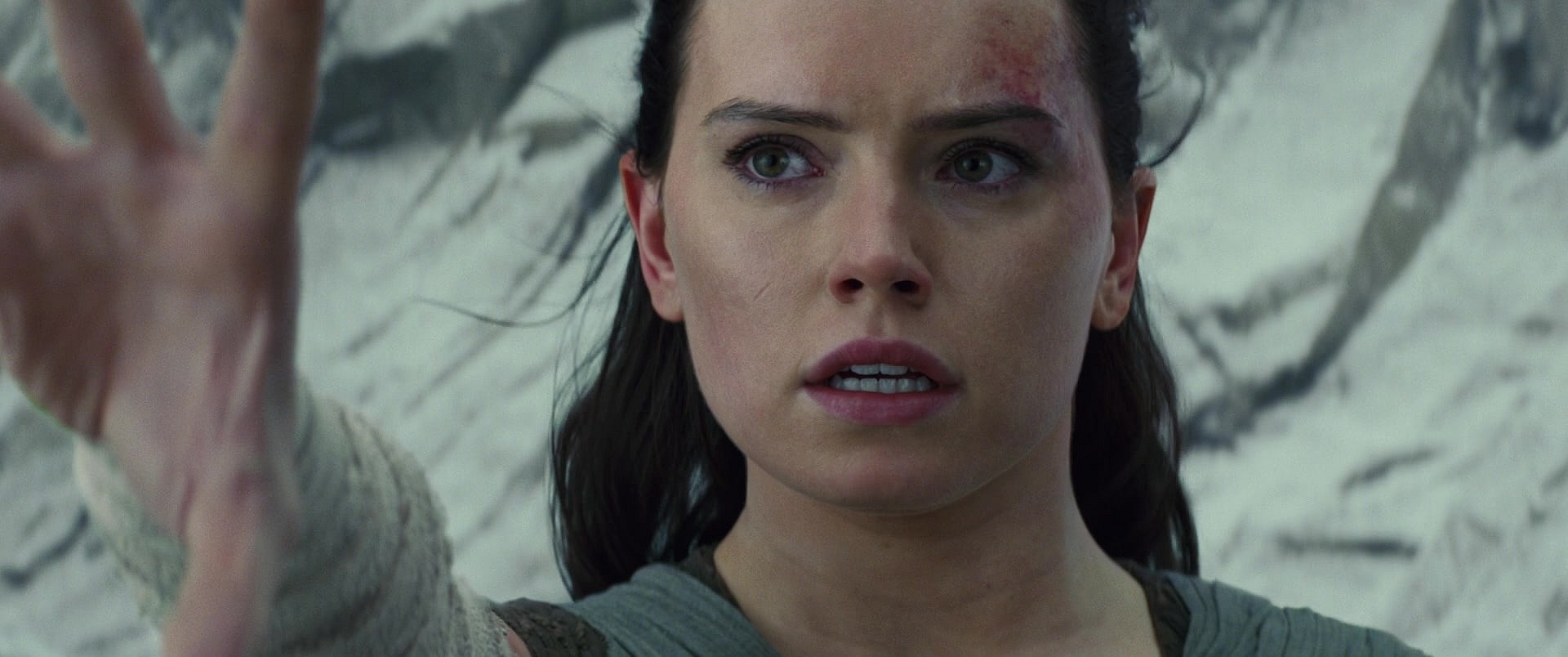
Speaking with Inverse about her Star Wars experience, Ridley recalled a conversation with J.J. Abrams when working on The Force Awakens, where she learned the stakes of what she’d stepped into.
“This not a role in a movie,” Abrams is said to have told Ridley, “This is a religion for people. It changes things on a level that is inconceivable.”

My feelings about J.J. Abrams’ take on the series aside, he’s not wrong. As the director of The Force Awakens and The Rise of Skywalker, it’s nice to hear that Abrams understands the gravity of Star Wars storytelling. In contrast, Liam Neeson — who brought Qui-Gon Jinn to life in The Phantom Menace, the Kenobi TV series, and a few episodes of Star Wars animated shows — didn’t put it quite as nicely.

During an appearance on the Conan O’Brien Needs A Friend podcast last year, Neeson asserted, “I mean it is a cult. There’s so many movies and spin-offs and I think, ‘No, you’re diluting the whole thing,'” further clarifying, “I think. That’s my personal thing.”
“But yeah, occasionally there’s kids after a Star Wars autograph, and I don’t want to give autographs at the airport. ‘Oh, it’s not the kid, it’s the grandfather!’ There he is. Or the dad. You know, horn-rimmed glasses and a beard, and they become 11-year-olds,” was the Qui-Gon actor’s not-so-loving remark.
Fans do take this seriously. In 2016, when Australia had 65,000 citizens identify “Jedi” as their religion for the national census, you get a glimpse into where fandom becomes something else. Even with supposed churches of ‘Jedism’, you’re dealing with a mix of humor-driven atheists and agnostics alongside people who really do love the series so much that they’ve effectively made it their deity.
In a way, this has helped me to make peace with the contentious life of being a Star Wars fan in a community with other Star Wars fans. We squabble online and in comic book shops about what is and isn’t canon, we fight about which movies are truest to the vision of George Lucas and the disagreements can be truly bitter.
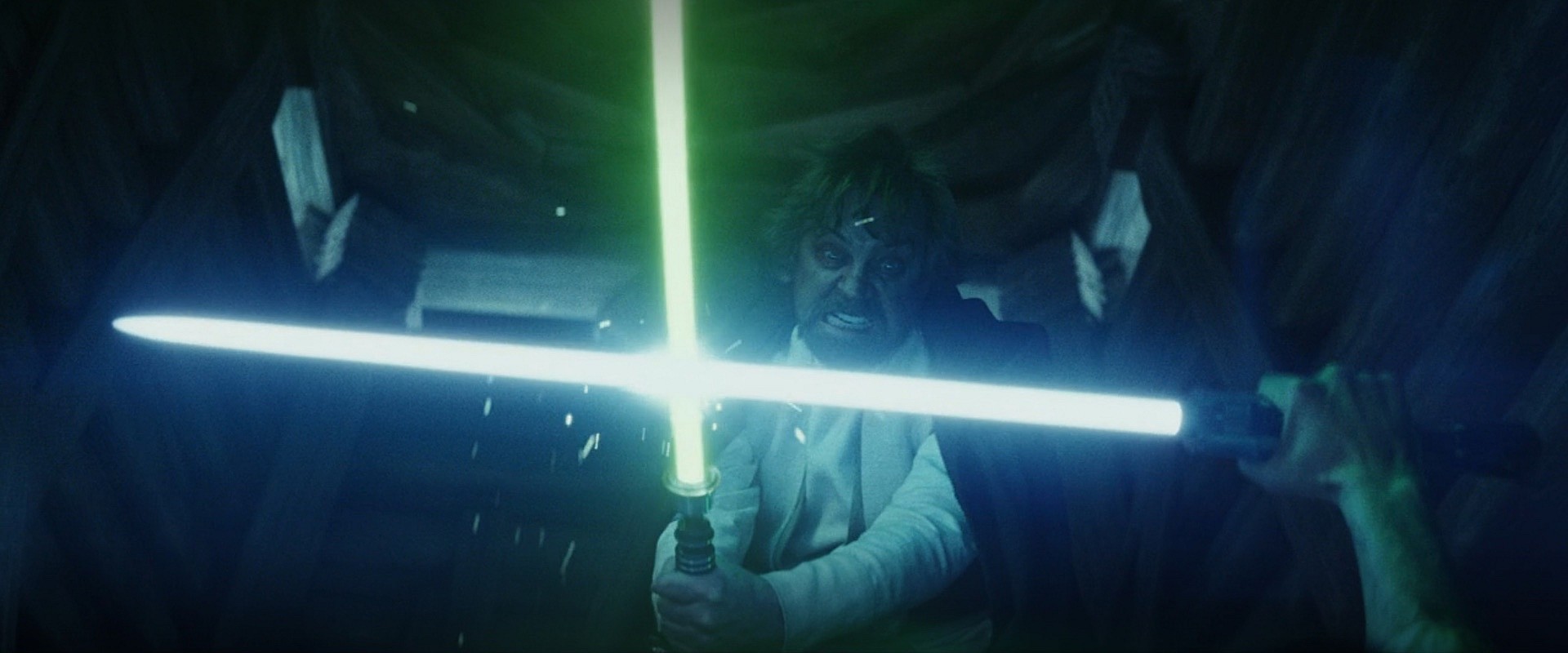
But once you understand what Star Wars has become in popular culture, and what it has grown into, you can make allowances for how intense the conversations about this story can be.
J.J. Abrams understood something that Daisy Ridley needed to hear.
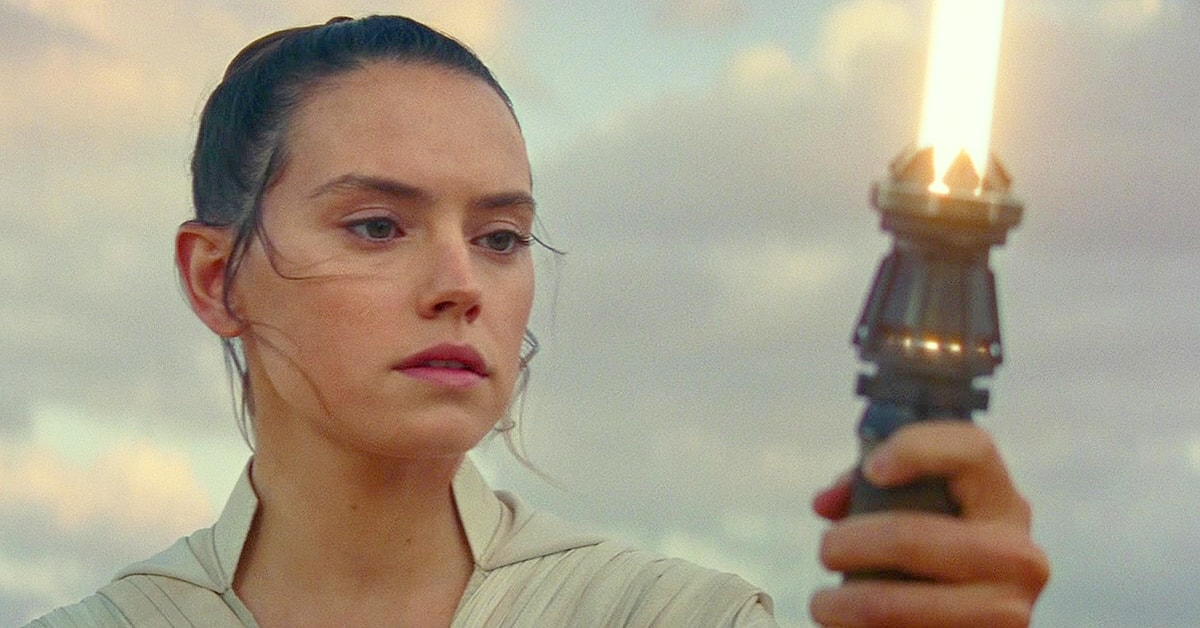
Back when I researching for my first book, How The Force Can Fix The World, I interviewed a Christian scholar on the combative nature of Star Wars fandom. He likened it to the 16th-century Protestant Reformation, an analogy I won’t soon forget.
At its most basic level, the reformation was about the legitimacy of a religious institution, the Catholic Church, and whether it alone was the bridge between mankind and the Word of God. Questions of canon, interpretation of doctrine, and who was a legitimate decider of what the Christian faith was all about, had grown beyond the Catholic Church’s ability to dictate it.
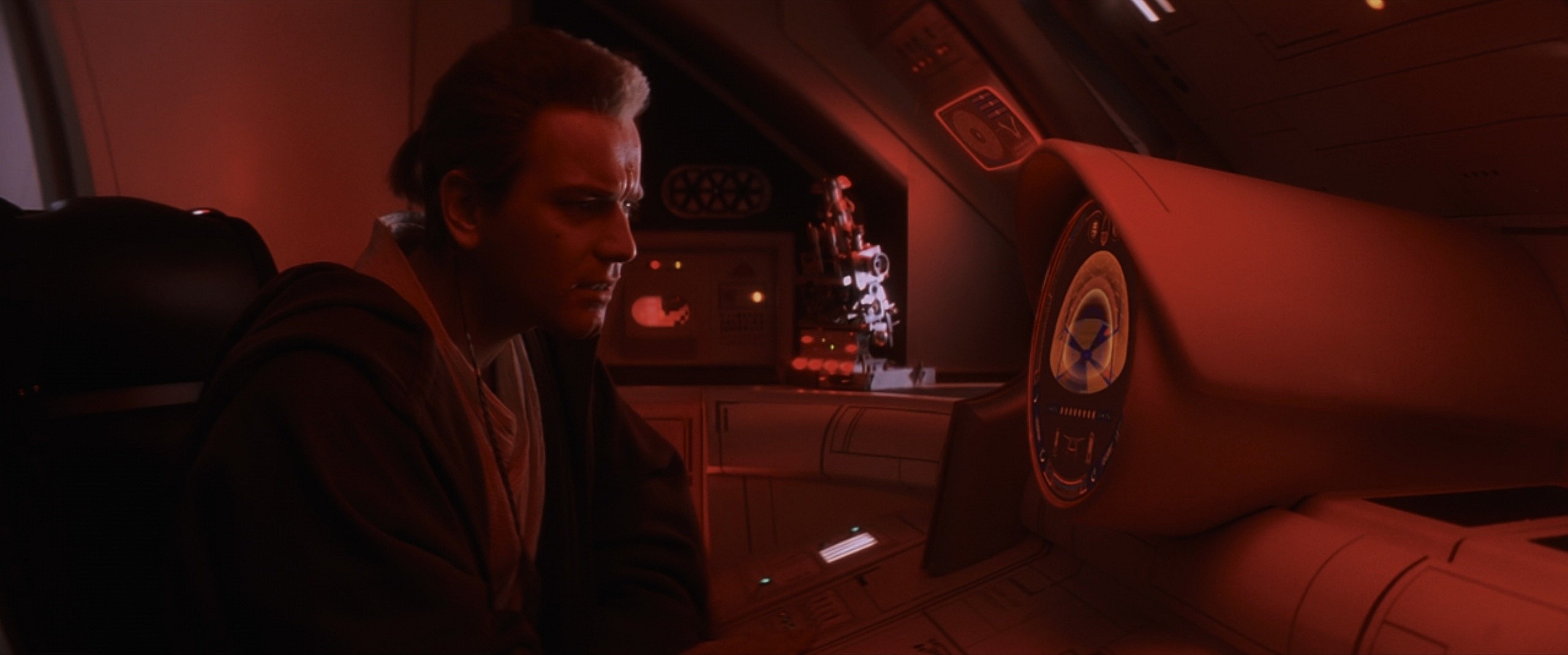
Star Wars fandom isn’t that different. Some fans are having quasi-theological arguments about Jedi history and how the Force works, but others are having more politically-tinged conversations about who has the right to decide anything at all when it comes to Luke Skywalker, Mara Jade, Midi-chlorians, and the Force.
George was in essence, God, the creator of a universe. He had the unquestioned authority to do as he wished within his universe, but in most cases, he left it to the fans to tell their own stories in a sort of canon-gray zone, a ‘parallel universe’ as he called it. We refer to this as the Expanded Universe.
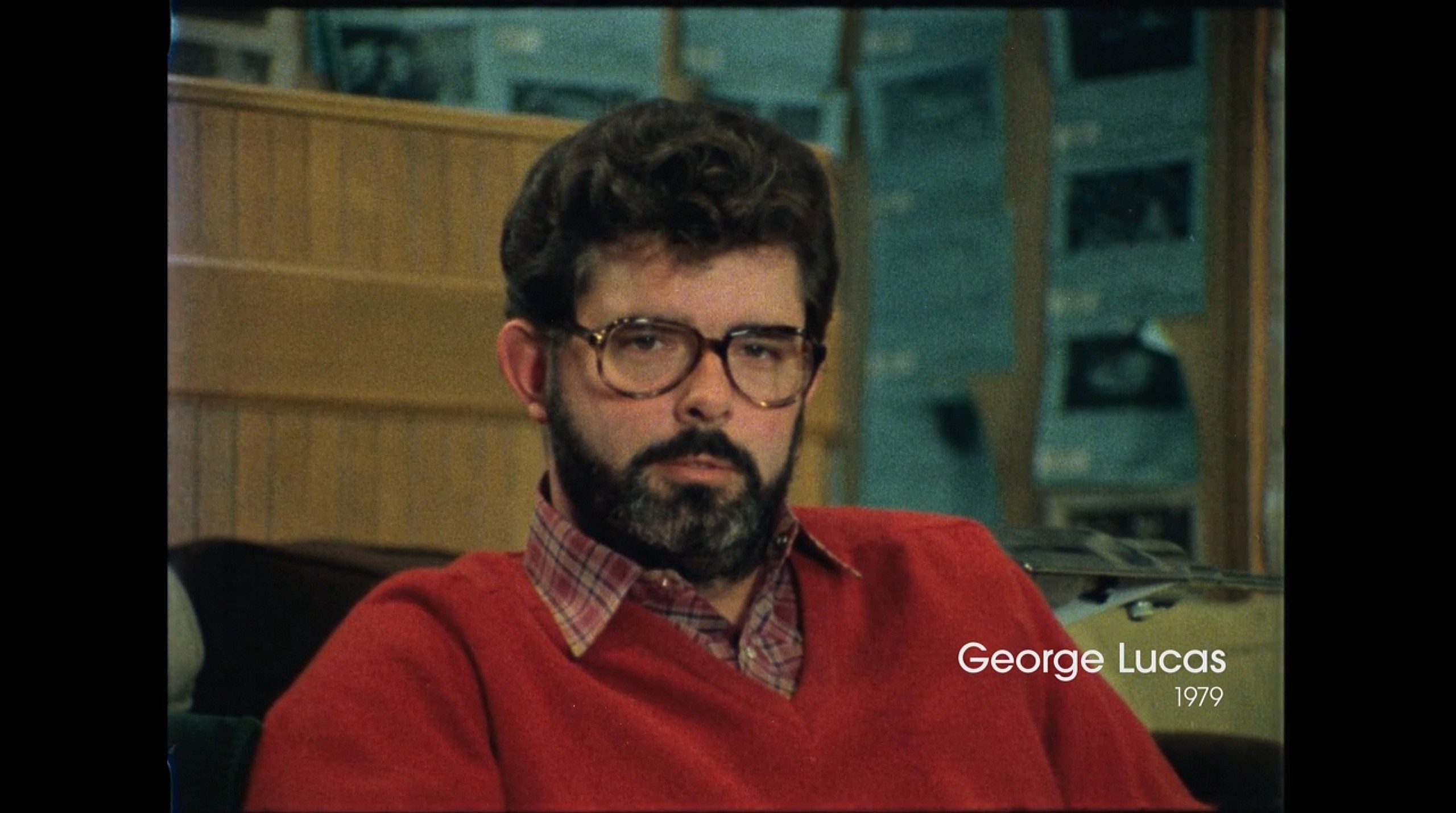
Regardless, just as man can be scornful toward God, so too could fans resent the decisions of the creator. “George Lucas raped my childhood” was a popular refrain of older Star Wars fans long before “Disney Star Wars is dead” or “Jake Skywalker” was a thing.
Lucas was accused for decades of ruthless commercialism and merchandising of the franchise, something I’ve never heard said about Stan Lee by a Marvel fan. Star Wars is a higher form of storytelling.

Ben Shapiro outlined this nicely in a recent video when he made the case for Star Wars as the greatest franchise in existence. He said he feels very little about when Batman or The Hobbit get botched on-screen, but with Star Wars being screwed up, “I want to punch a wall.”
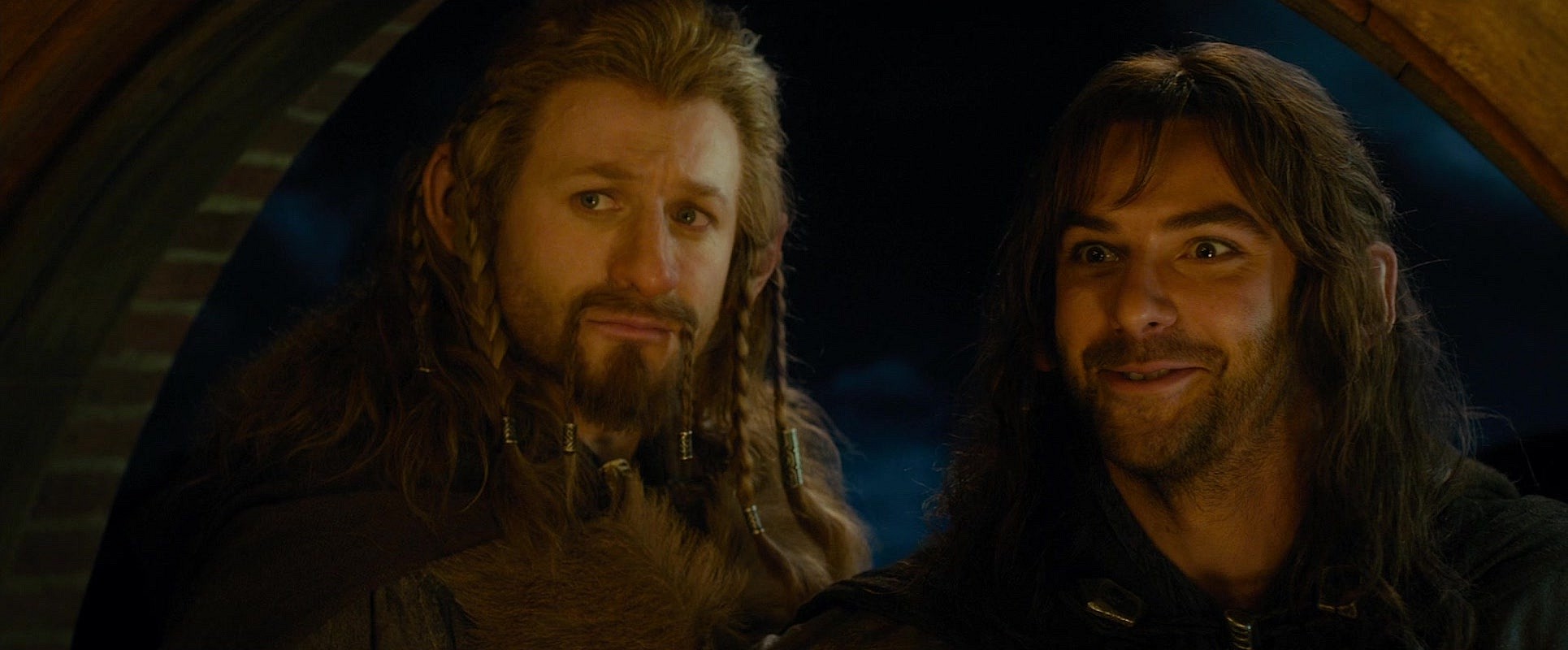
When Lucas sold his creation to Disney, the truth is that Bob Iger purchased something far greater and more unwieldy than ‘intellectual property.’ Star Wars is bigger than IP. What we’re living through now is an era where its legitimate owner doesn’t have much in the way of legitimacy.
Officially sanctioned stories are being treated as fan fiction and heretical in a way that only religious thinking can explain. The prequels were divisive, but not like The Last Jedi or Daisy Ridley’s Rey taking the name of Skywalker.

This is neither good nor bad, it’s just an observable fact. Star Wars is not Spiderman or Toy Story, The Lord of the Rings, or Dune. Its characters are more on par with Odysseus and Hercules in terms of cultural significance and cache.
For this reason alone you can begin to understand why Rian Johnson’s The Last Jedi was so grating. The movie was a somewhat meta approach to the series. It was a Star Wars movie about Star Wars significance.
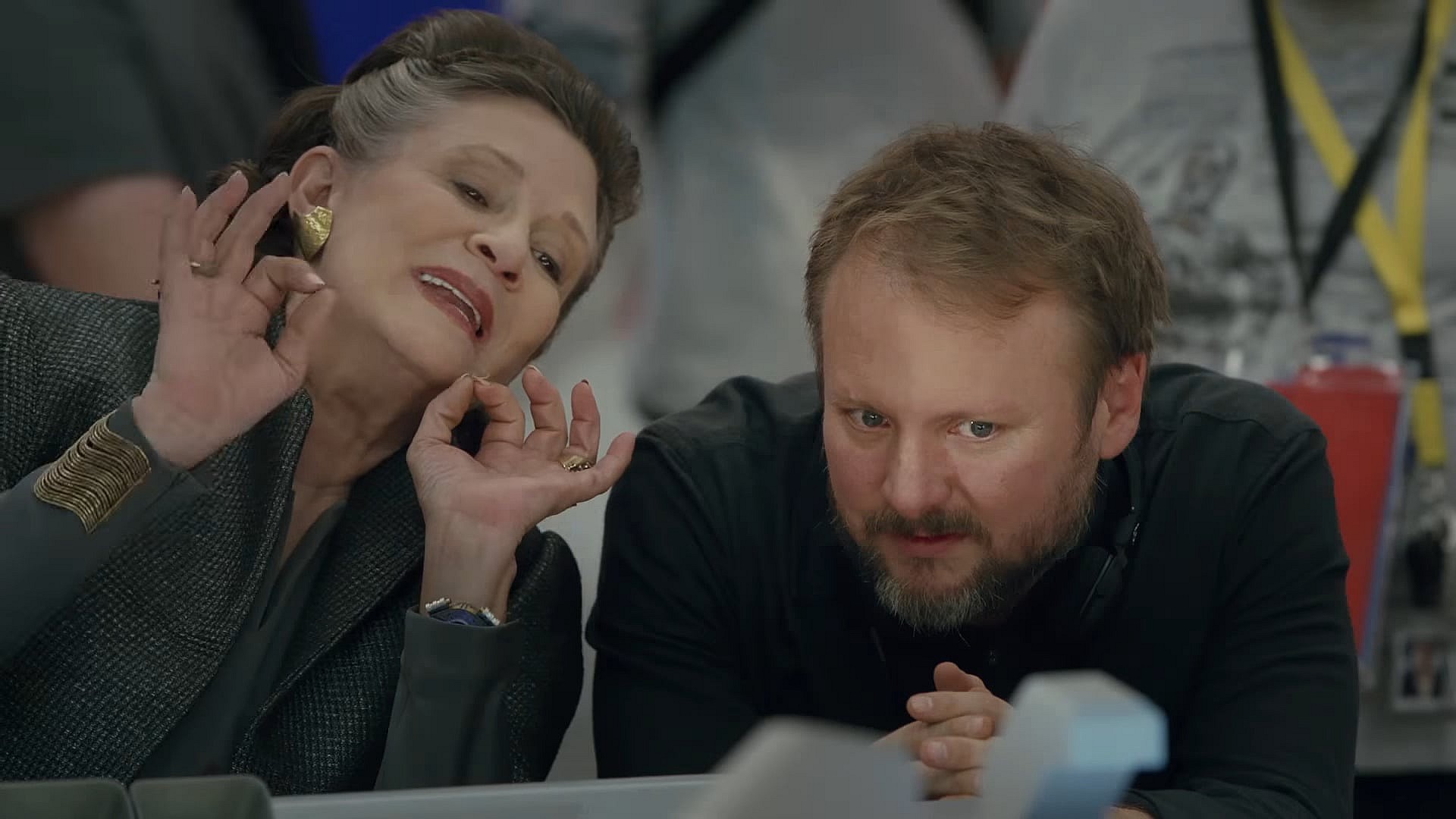
That’s not what you do with a Star Wars story. Rian Johnson inserted himself and fandom discourse into The Last Jedi in a way that unwound the mythology. It wasn’t even a ‘heresy,’ which would imply intra-religious opinion, but more so functioned as ‘blasphemy’ — an outright disrespect of the holy by a believer or non-believer.
Every actor, director, and writer is walking into this dynamic when they accept a job in a galaxy far, far away. It’s more than a role. For a writer or director, they are writing a new chapter in a sacred text. For an actor, as Abrams said, it is not just a role.
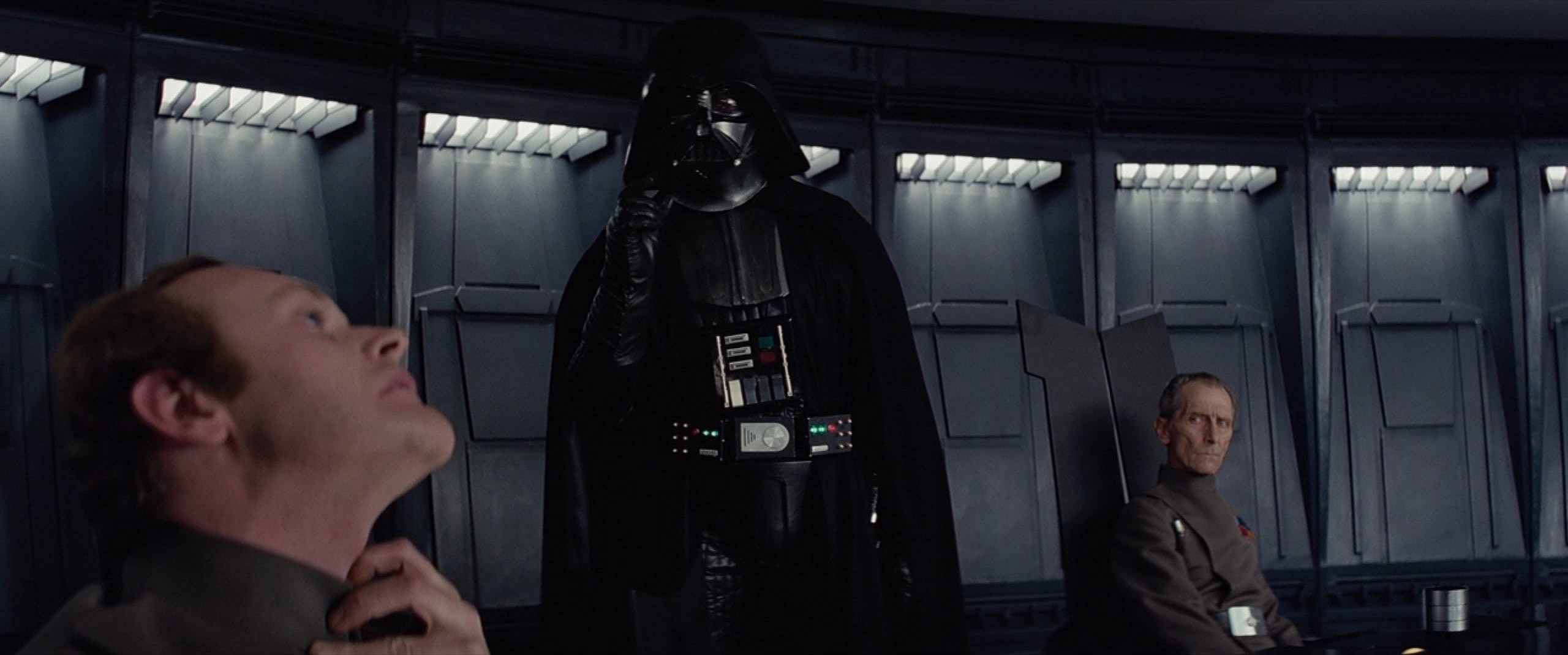
Star Wars is in a period of crisis. It may take another upheaval like that of the 2012 sale to Disney for the galaxy far, far away to have another revival and last for another generation, or as outlined by CriticalDrinker in his latest video, it might just take time.
NEXT: New ‘Star Wars’ Rumor Claims Rey Film Delayed “Indefinitely” – But Don’t Get Your Hopes Up
